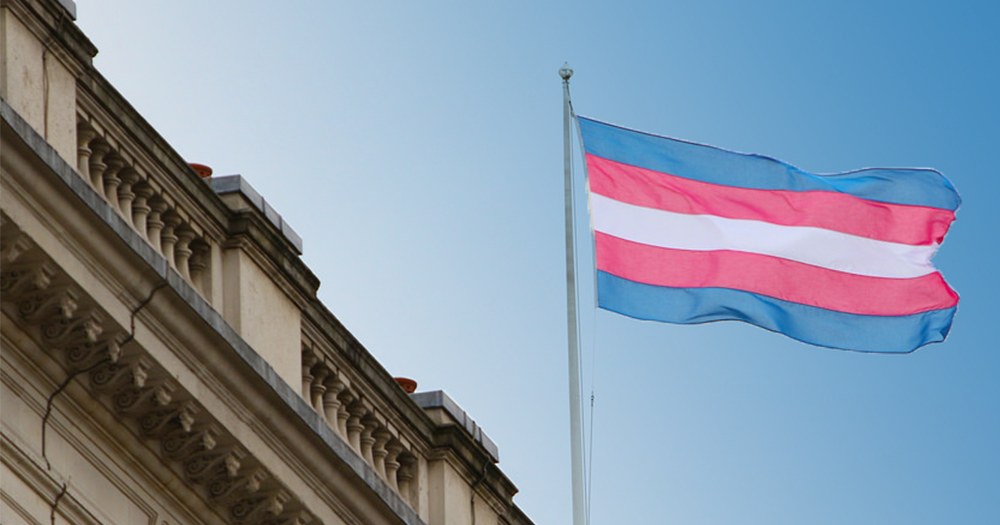The World Health Organisation (WHO) has passed legislation meaning gender dysphoria is no longer classified as a mental health condition. The declassification has the potential to ‘liberate’ transgender and non-binary people worldwide.
It marks a huge step towards global destigmatisation for those in the LGBT+ community experiencing gender incongruence, namely those in the trans community. The World Health Assembly is the governing body of WHO and represents 194 member states and this legislation should trickle down to national policies.
This legislation has been long anticipated by trans advocacy groups, including TENI, who released a statement when the announcement was made last year.
TENI CEO Stephen O’Hare said “The decision of the WHO to remove defunct references to gender identity disorder in ICD 11 marks a turning point in the global perception of gender identity. The UN’s directing and coordinating authority on international health has finally confirmed what has long been recognised by trans and gender variant people everywhere – that being trans does not mean having a disorder of the mind.”
Speaking of the news today, Graeme Reid, LGBT+ rights director of Human Rights Watch said:
“The WHO’s removal of ‘gender identity disorder’ from its diagnostic manual will have a liberating effect on transgender people worldwide. Governments should swiftly reform national medical systems and laws that require this now officially outdated diagnosis.
“Transgender people are fighting stigma and discrimination that can be traced in part to medical systems that have historically diagnosed expressions of gender non-conformity as a mental pathology.
“But it’s the stigma, discrimination, and bullying—and not anything inherent in gender nonconformity—that can inflict mental health problems in transgender people.”
In April, representatives of the This Is Me transgender health campaign met with Minister for Health Simon Harris to discuss the problems facing Ireland’s trans community in accessing healthcare.
“Trans-specific healthcare in Ireland is at a crisis point,” said campaign founder Noah Halpin during a sit-in at the Department of Health building on Baggot Street earlier this month. “And this is being largely ignored. People are dying because of this. We have viable solutions.”
In a report by the Irish Commission for Human Rights and Equality, dated April 2017, it was stated that transgender healthcare in Ireland is in violation of the European Social Charter and that trans healthcare in Ireland has “inadequate provision of services and that treatment is not guaranteed in practice.”
© 2019 GCN (Gay Community News). All rights reserved.
Support GCN
GCN is a free, vital resource for Ireland’s LGBTQ+ community since 1988.
GCN is a trading name of National LGBT Federation CLG, a registered charity - Charity Number: 20034580.
GCN relies on the generous support of the community and allies to sustain the crucial work that we do. Producing GCN is costly, and, in an industry which has been hugely impacted by rising costs, we need your support to help sustain and grow this vital resource.
Supporting GCN for as little as €1.99 per month will help us continue our work as Ireland’s free, independent LGBTQ+ media.

comments. Please sign in to comment.